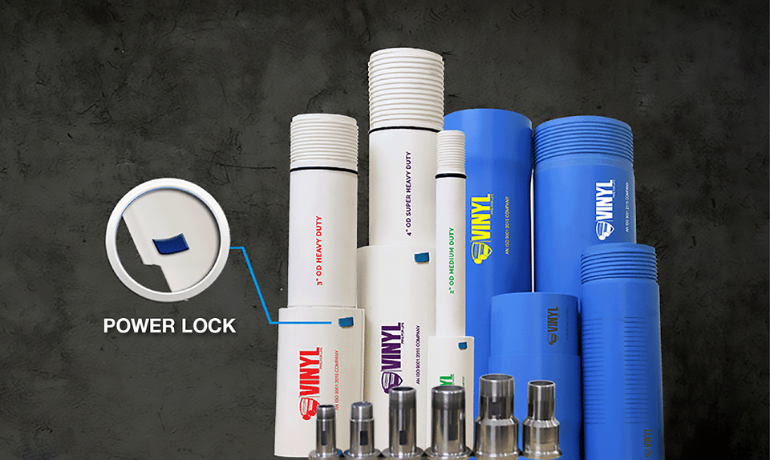Ninety one percent of the world's population drink clean water. That sounds like a good thing, but it isn't. According to UNICEF, There are still 663 million people who do not have access to clean drinking water even today. And most of them live in rural areas. About 159 million people use untreated water from lakes and rivers, which are considered to be the most unsafe sources.
As per OXFAM, every day, nearly 1000 children die from diarrhoea caused by dirty water. This is just a proportion of the 4 million deaths from water-related diseases and poor sanitation each year.
We can stop these deaths. We can do far more, by providing communities around the world access to clean water. According to OXFAM, "Providing safe water can improve general health and reduce the pressure on often limited health care resources. Introducing simple irrigation schemes can kick-start farming, improve local diets and give people the chance to make a living."
Truly, water is the elixir of life. And we, at Vinyl, salute the work being done by UNICEF, OXFAM and other non-profits like charity: water, to help people access clean water.
Challenges: Local, Geological, Material
- War torn economies: Developing countries, especially those that have witnessed wars have many areas that don't have access to clean water. With a weak economy, they struggle to attract investment into water drilling projects.
- Non existing or unreliable water supply: Many of these countries are in dire need of borewells, as the water supply system of the government is not reliable or even available in many areas. Many countries face tough climatic conditions and see scanty rainfall, and don't even have permanent rivers.
- Low water tables: Because of few natural sources of water, and less rainfall, many places see low water tables. The depth of an average borewell is considered to be 600-800 feet. But many places with low water tables require borewells that are 2000 feet deep. That complicates the drilling and setting up of borewells manifold. And if galvanised iron or steel pipes are used, they can prove to be tough to transport, implement, manage and maintain. Not only that it becomes challenging to ensure pipe connections are leak proof and torque proof, given the high forces they are subject to.
- High voltage from underwater currents in aquifers: Aquifers can see high-speed water currents that are of high voltage. These end up creating pinholes in steel and iron pipes. Which means the pipes need to be replaced every few years. This is often the case in Russia and CIS countries.
- Water hammering: When you switch off the pump that sends the water up to ground level, the water that's already been pumped up goes back down, at a tremendous force. This is called water hammering. Water pipes made of steel or iron, installed in borewells often are unable to withstand this force, develop leaks and often burst.
- Extreme temperatures: Countries such as Yemen that have a tropical desert climate and have a few active volcanoes, can see underground water temperatures as high as 68 degrees Celsius. Places in Russia see underground temperatures as low as 20 degrees. In such conditions, you require pipes that can withstand these temperature extremes.
- Water quality: Using iron pipes in water wells lead to corrosion and rust, thus contaminating the water. Similarly using low quality PVC pipes can lead to leaching of harmful compounds into the water. So water well projects undertaken the world over need to ensure that they use materials that don't contaminate the water.
Simple Solutions Exist, with Vinyl
Given these challenges, water well drilling can be a hugely challenging and expensive exercise with little visibility on how the borewells will fare in a few years, and how the quality of water could get impacted when metal pipes fail.
uPVC pipes manufactured by Vinyl Pipes in ISO 9001 certified plants have changed the game for water well projects around the world. Viny has forged long-term, reliable and trust-led partnerships in weak economies, and delivered pipes that have withstood a range of local, climatic and geological challenges. Vinyl has thus demonstrated to the borewell industry that it is possible to have long-lasting borewells with pipes that can withstand tremendous torque, water hammering, extreme temperatures, voltages. And compared to steel pipes and GI pipes, the costs are much less, and they need fewer resources as well to transport and install. And they don't contaminate the water either.
Vinyl is enabling the work of non profits that are engaged in water projects globally in their mission to get clean water to every human on earth. Vinyl is proud to be part of this worthwhile global mission and looks forward to forging more partnerships around the world.
